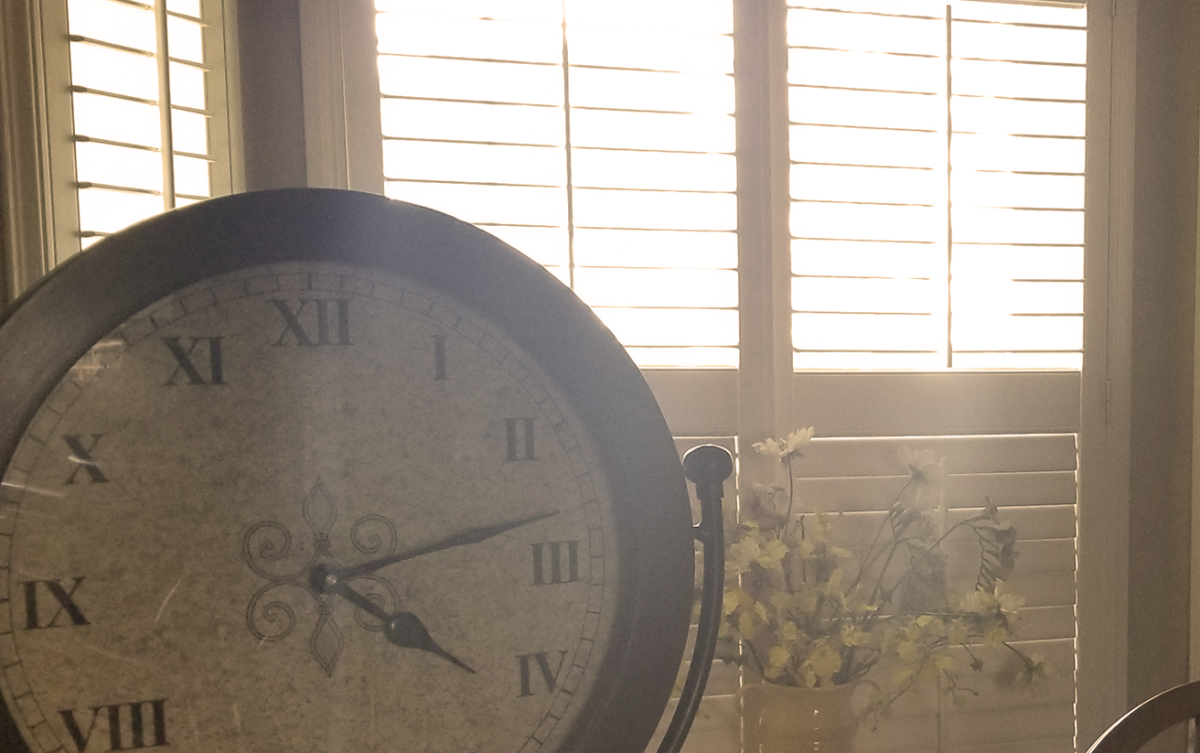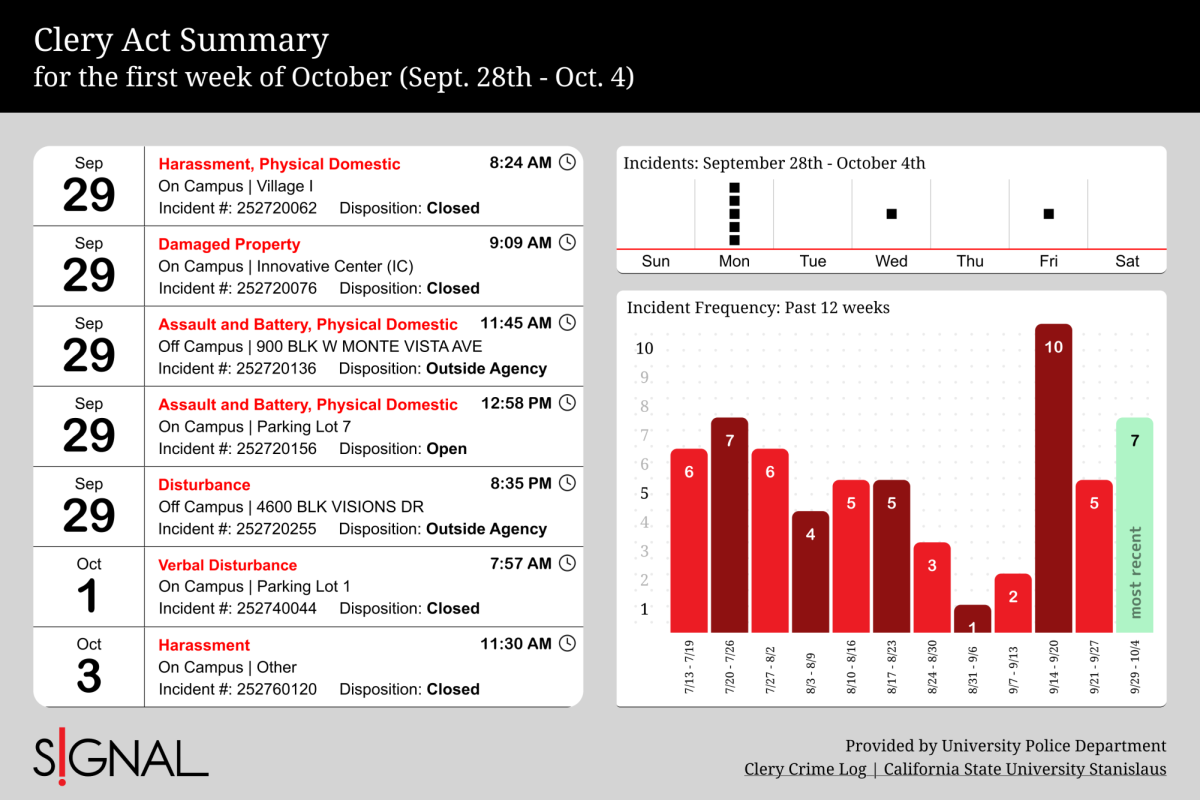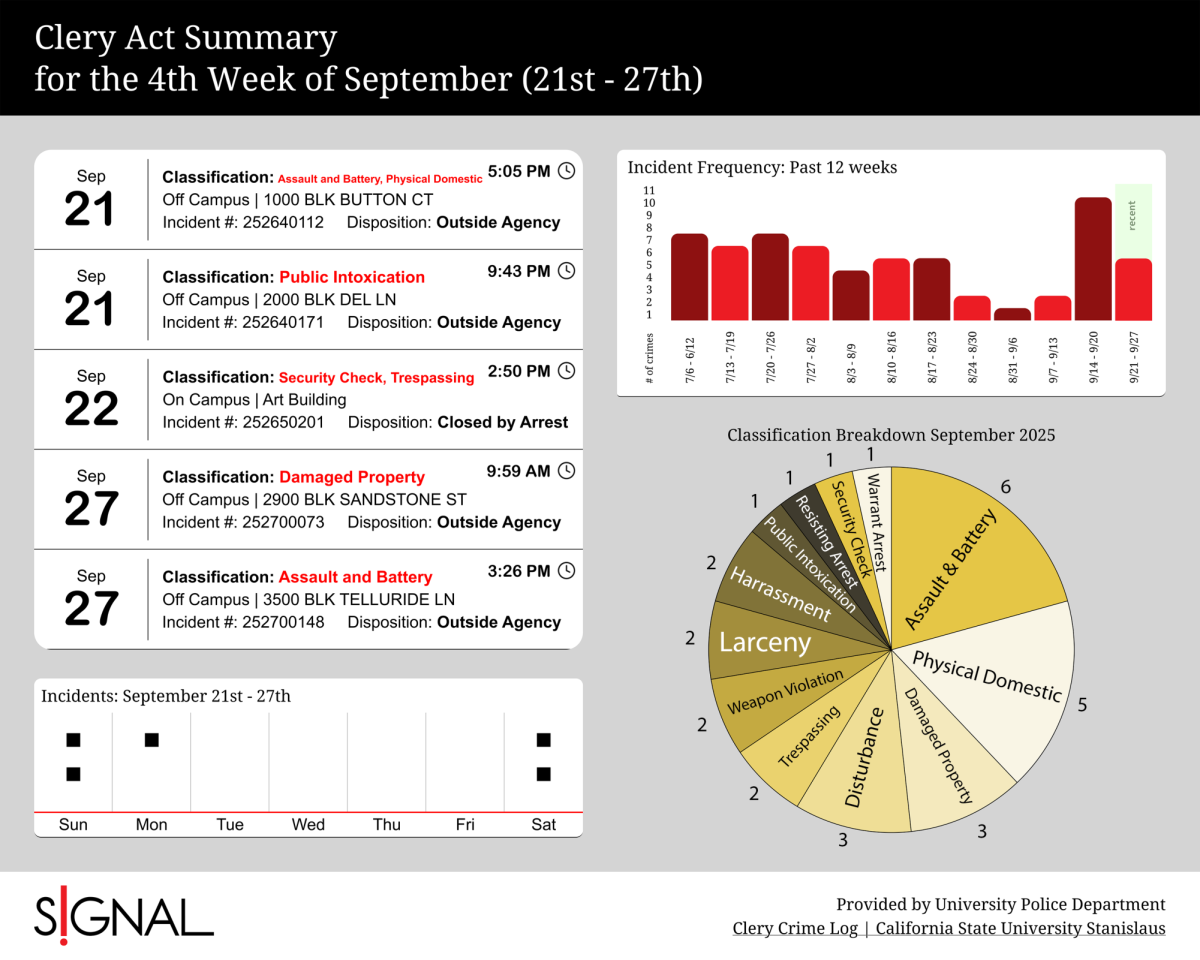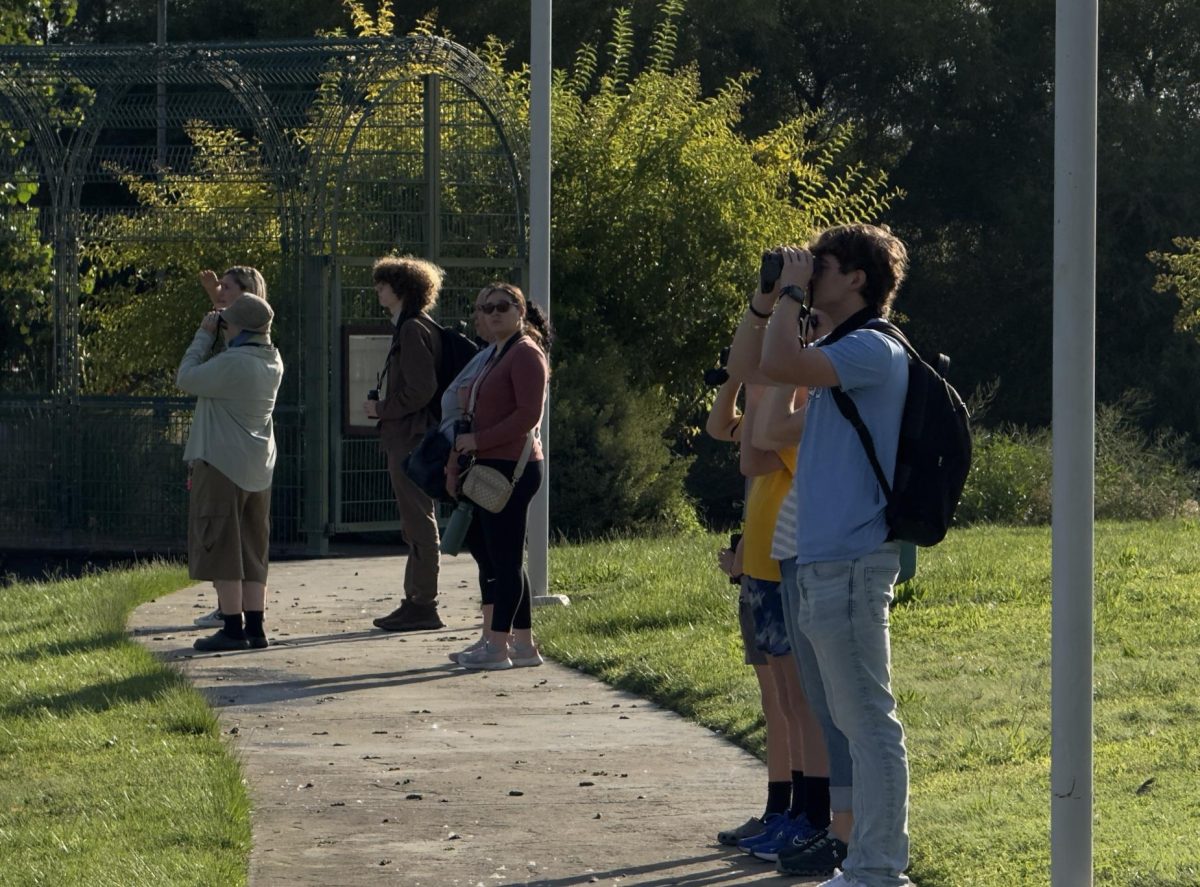It has been over a week since we had to push our clocks ahead one hour. While many of us have since adjusted to the new routine, a few may still be feeling the repercussions of the schedule change. The loss of the hour is one that all students, teachers and faculty members have to handle, and many question if it is a necessity.
Each year when Daylight Savings time comes around, many find themselves questioning why it is happening. The slight alteration to our sleeping schedules may be relatively minor, but the internal adjustments throw many people off.
“Even though it just takes one week [for me] to adjust, that one hour at night really means something,” said Bryce Kelly, a Stan State alumnus and current McDonald’s employee.
While Kelly’s shifts are scheduled throughout most of the day, it’s not uncommon for her to work as early as 6:00 a.m. One of the most noticeable changes that occurred the week of the time change is present during these morning shifts.
“For a couple days, our rush hours were a bit messed up,” Kelly said. “In the morning, there’s not a lot of staff: just me, two people in the kitchen, and two, maybe three [customers] in my section.”
Kelly explained that, before long, they find themselves understaffed for huge, “random” breakfast rushes.
This isn’t the only effect of the time change Kelly sees in her daily life. Most of the week, she finds it common to take after-work naps to keep her energy up. This is also something new she’s noticed in her mother, who works full, eight hour days and housekeeps. “This woman never sleeps, never just passes out randomly on the couch. She’s started doing that [since the time change].”
While most of the issues that persist after the time change are relatively minor, it may still lead many to wonder why this is still a part of our yearly routine. After all, if there is seemingly no reason to do the time change, why bother?
With that being said, many local farming families have a different perspective on the subject.
The Squires are a local family who have been farming in the Stanislaus County area for many years. The family grows crops like almonds, peaches and cherries. The hours they spend working range depending on the season. In the spring, the family usually works 8 to 10 hours a day, while the summer hours tend to only get longer. These times aren’t concrete though, as Jacob Squires explained, “Everything in farming is dependent on what you really need to do.”
Jacob has worked with his parents, Martin and Linda, in farming for many years. One of the biggest factors in this line of work is the time of day. Much of what they can get done is based on how much time they have before sundown. In this case, Daylight Savings actually benefits them.
“It gives me and my dad some extra hours of sunlight,” Jacob explained. “I personally like that because of all the stuff that needs to be done during the summer… You wake up when the sun comes up and get to work.”
This is a sentiment echoed by his father, Martin. “It allows us to do work later in the evenings. I think there’s a real benefit to it,” said Martin.
While he does admit that it takes a while for his body to adjust to the new schedule, Martin believes the benefits of the extra time outweigh the negatives. “For business reasons, I like it because it gives us more daylight-light hours to work,” he explained.
His wife, Linda, also supports this. “There’s a lot to do as the crops are maturing, and so having that extra hour of daylight is very good.”
Linda not only helps with farming, but also handles the book keeping and sells crop insurance. While her working hours tend to be a bit more flexible, the extra time in the afternoon allows her to help her family out in any way she can.
“Usually when I get off work, during harvest, I’m taking dinner to the crew. It’s nice to have daylight to do that,” Linda explained.
The Squires aren’t the only ones who are in support of the time change. Charles Corn, an incoming Stan State student, doesn’t have as many problems with the time change as others despite working and taking classes. “It took me a few days to truly readjust to the time change. I had to go to bed a little earlier to get rested,” Corn said.
Corn, like the Squires, finds the increased sunlight in the evening a nice benefit. “I do like being able to stay out later while it’s still light outside. In my opinion, it makes it feel like there’s more time in the day to do productive things. I now have a little more time to do outdoor activities which is quite nice,” Corn said.
While Daylight Savings may seem pointless to some people, there are many who greatly benefit from the change. Whether you side with the Squires and see some benefits, or you nap in frustration as you attempt to regain your lost hour of sleep, there is one thing we’ll all need to keep in mind once Daylight Savings rolls around again: Make sure you get a good night’s rest!







